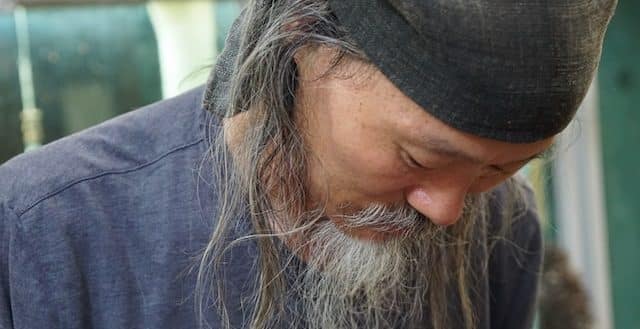Physical Address
304 North Cardinal St.
Dorchester Center, MA 02124
Physical Address
304 North Cardinal St.
Dorchester Center, MA 02124

Age is nothing more than a number, but that depends on where you’re from. Age is an extremely essential factor in Korea since it instantly tells individuals where they fall on the hierarchy of respect. You can act, speak, and listen appropriately once you are aware of your position on the totem pole.
In Korean culture, age is more than just a number; it is a fundamental aspect that shapes social interactions. Rooted deeply in Confucian principles, the respect for elders and age hierarchy is emphasised across various aspects of life. This creates a structure where younger individuals are expected to show deference to elders, often using specific language markers to exhibit this respect.
These cultural norms extend beyond family and into workplaces, where seniority often dictates communication styles and decision-making processes.
Oppa (오빠) = Older brother (used by females)
Noona (누나) = Older sister (used by males)
Hyung (형) = Older brother (used by males)
Unnie (언니) = Older sister (used by females)
In Korea, having the same age as someone else makes you equals and automatically qualifies you as a buddy. It makes no difference if the other person despises you or if you are a truly disagreeable person. The word “friend” ( – chingu) is really used in Korean to refer to people who are the same age. And while most Koreans will use formal honorific language to express respect to those they don’t know well, many Koreans will abandon it in favour of informal Korean once they learn you are the same age as them. And it goes beyond language. Since there are no expectations linked with being younger or older, finding out that someone is the same age instantly makes Koreans feel a little more at ease.
In Korea, the distinction between formal and informal language (존댓말 and 반말) is significant. These are not just linguistic forms but also social markers. 존댓말 is used in formal settings or when speaking to elders and those in authority, emphasising respect and humility. On the other hand, 반말 is casual, used among friends or with younger people, signifying familiarity and ease.
Knowing when to shift between these forms is important in social interactions, as using the wrong form can lead to misunderstandings.
Advice: Younger Koreans frequently omit honorific words. However, even if you’re the same age, speaking casual Korean makes you appear less mature or professional as you get older.
Being older, even by one year, automatically ensures you’ll receive what respect, as Confucianism has a significant influence on Korean society (some would argue more so than on Chinese culture). That doesn’t necessarily mean that someone who is only a few months younger than you will give you a 90-degree bow, which is the highest display of respect. However, you are in a superior position to the other individual, and because of your experience and maturity, people tend to value your views more (at least theoretically). So even if you’re 35 years old, jobless, and have spent the previous 7 years in your mother’s basement, it wouldn’t be appropriate for your cousin, the CEO of a 21-year-old digital start-up, to give you advise. She simply has no business telling you how to behave in Korea. (This is why it can be problematic when a boss is younger than the employees.)
However, just because you’re young doesn’t mean you have to keep quiet. The benefits of youth are numerous. Many older Koreans will typically feel the need to “take care” of you since you are younger in Korea, but this might mean a variety of different things. Even if you’re at the other end of the city, an older Korean buddy may feel the need to make the extra effort to drive you home if you’re hanging out with other Koreans. Your senior Korean coworker could want to take you to a soothing spa if you’re struggling at work. Being looked after occasionally entails being treated to a meal. In Korea, it might be very fantastic to be younger than everyone. But keep in mind that you are constantly older than other people, therefore give back.
Social settings in Korea often highlight the benefits and expectations tied to age. In gatherings, younger individuals may find themselves being taken care of, with older friends or relatives paying for meals or drinks. Older members of the group are typically expected to lead conversations and decisions about social plans. This system reinforces the supportive role elders play in these environments, encouraging a sense of community and belonging. Yet, it is important for younger participants to be mindful and reciprocate this care in future interactions.
Have you had any personal interactions with oppa/unnie/hyung/noona? Let us know.